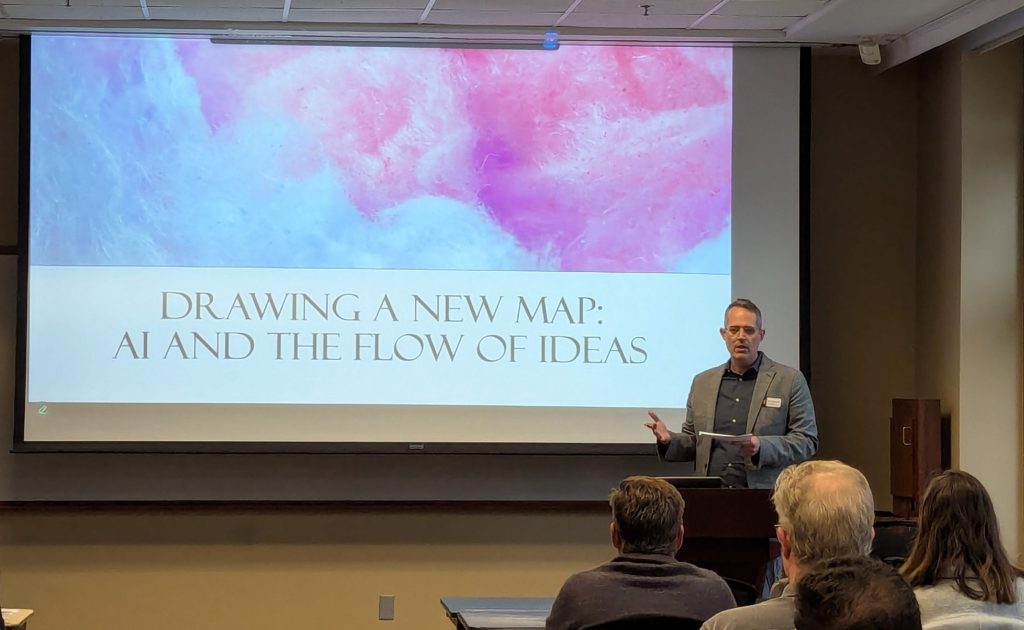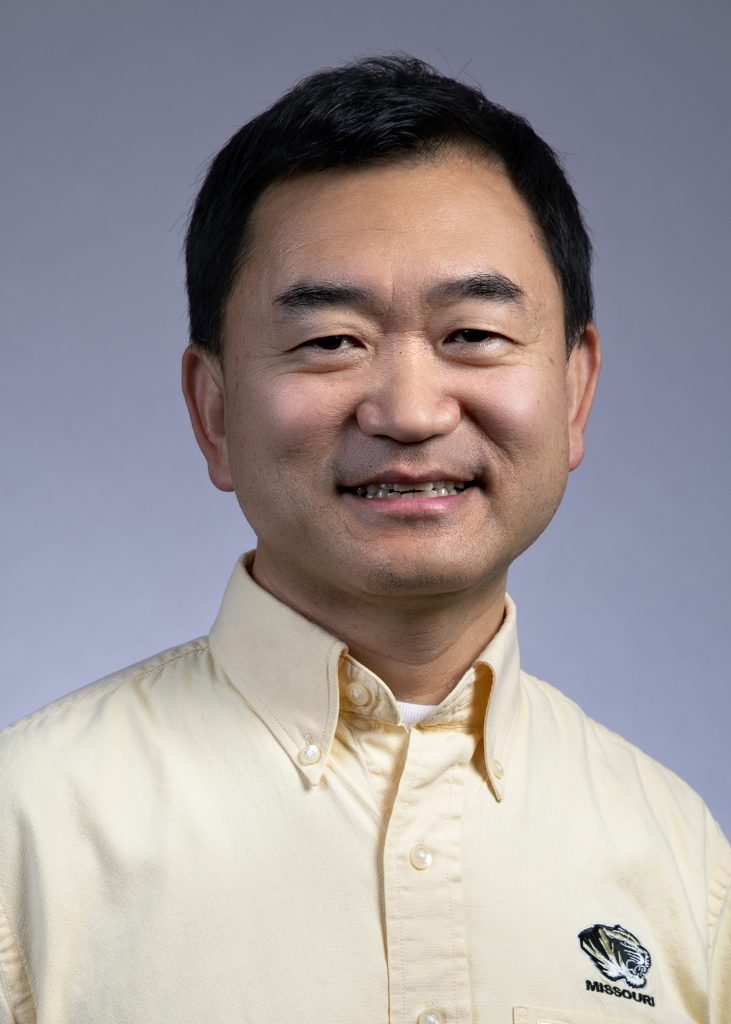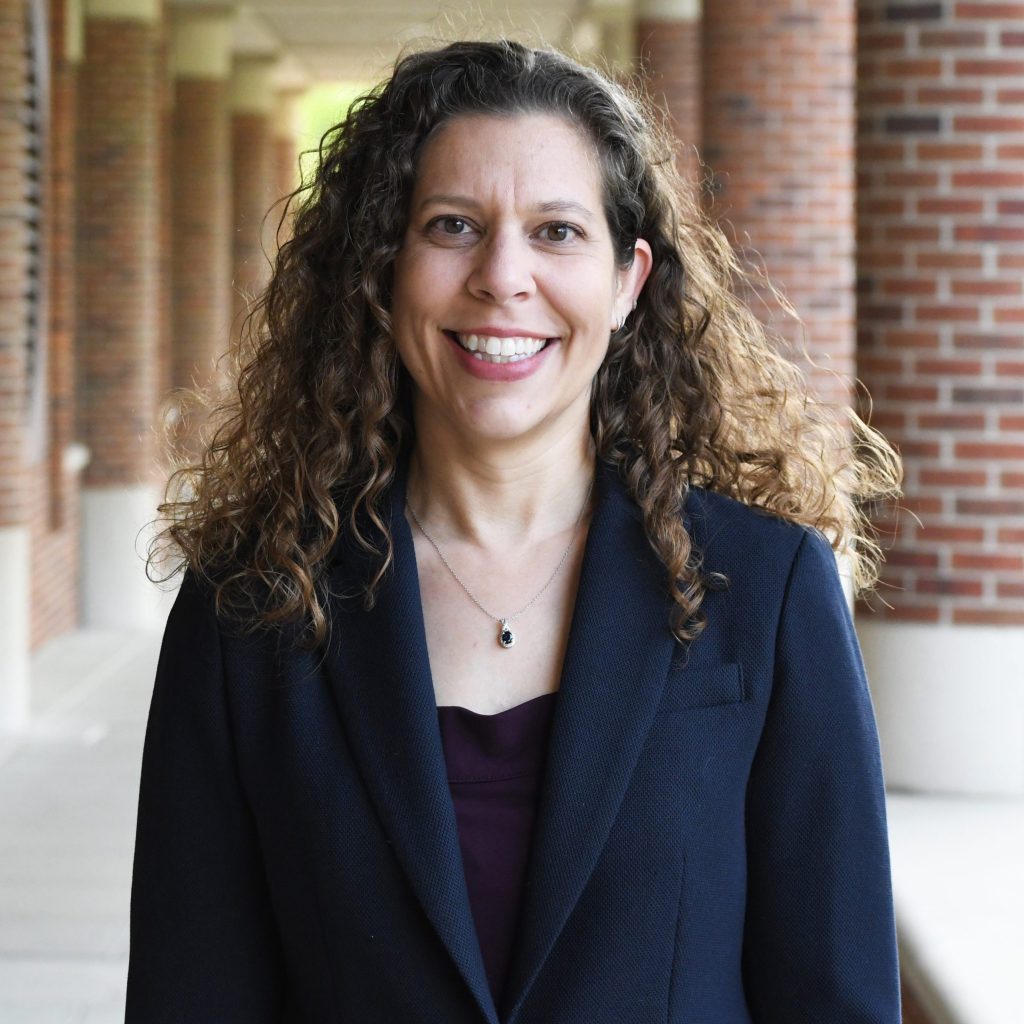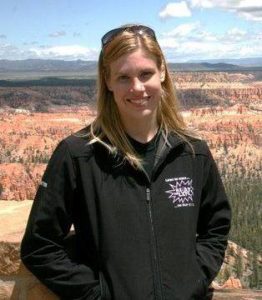Artificial Intelligence at Mizzou
Artificial Intelligence at Mizzou
Embracing the innovation and opportunity of AI in a socially responsible manner that aligns with the values of our institution.
AI and Information Technology Task Force
Provost Martens initiated an AI and Information Technology Task Force to ensure Mizzou’s technical and policy infrastructure is aligned with the work and needs of students, faculty, and staff. The Task Force’s work is underway reviewing AI platforms and policies to determine what approaches will work best at Mizzou.

AI Standing Committee
In Spring 2025, MU Faculty Council, the Provost, and the President established an Artificial Intelligence Committee to advise campus leaders on policies, use, and study of AI in teaching, learning, research, and business practices. The committee coordinates with the president's office, the provost’s office, Teaching for Learning Center, Mizzou's Information Technology Committee, AI Teaching Fellows, the Office of Research, Innovation and Impact, deans, and others to support the use of AI across Mizzou.
AI Syllabus Statement
For Fall 2024, Provost Martens encouraged Mizzou faculty to add an AI syllabus statement addressing the use of Al in their courses. Based on recommendations from the AI and the Learning Environment Task Force report, he encouraged faculty to explicitly define permissible AI usage in courses: AI fully integrated into the course, limited AI use permitted, and all AI usage prohibited. Faculty Council endorsed this approach and voted to require an AI syllabus statement in all courses beginning in the Summer 2025 semester.
Campus Resources for AI Resources and Events
Links to resources from Missouri Online, Teaching for Learning Center, and more
AI Task Force Report
In the spring 2024 semester, Provost Martens commissioned an Artificial Intelligence and the Learning Environment Taskforce and charged tri-chairs Enid Schatz (associate dean, Graduate School), Tori Mondelli (director, Teaching for Learning Center), and Ben Trachtenberg (director, Office of Academic Integrity) to create a working group to study and make recommendations on the following three areas: 1) pedagogy, 2) learning, and 3) ethics. In June 2024, the taskforce submitted a report with recommendations to the Office of the Provost. The report outlined how they gathered input from across campus, consulted with AI experts, and analyzed industry best practices to create a roadmap for MU to become an “AI forward” institution. The report also offered recommendations on potential policies and practices our campus should consider in relation to generative AI (Gen AI) and the learning environment. The appendices of the report have numerous resources for instructors to use in crafting syllabi statements and assignment guidelines in relation to Gen AI.
AI Teaching Fellows
Each Mizzou college and school has unique needs related to AI in the learning environment. To better understand AI and teaching needs, support, and resource requirements across campus, Provost Martens asked each dean to identify a faculty member to serve as an AI Teaching Fellow for the 2024-2025 academic year and has committed to additional funding for 2025-2026. The AI Teaching Fellows were funded by the provost’s office and serve as coordinators, experts, and advocates as they support faculty and students regarding AI and teaching efforts for each college and school.















Quick Facts About AI at Mizzou
121
AI and the Learning Environment instructional sessions held in-person or online for Mizzou students and faculty
14
AI Teaching Fellows appointed in Mizzou colleges and schools